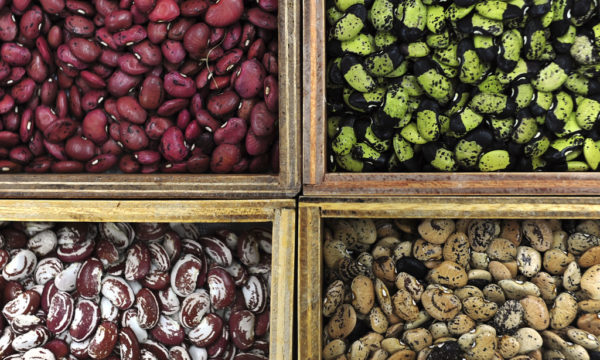It’s not what you eat but what your mother eats that could set your bodyweight, suggest scientists at Baylor College of Medicine. Robert Waterland and colleagues studying mice with a genetic tendency to overeat found that successive generations of the mice became fatter. This increasing obesity was prevented by
a diet rich in folate and B vitamins.
Read the study at Methyl donor supplementation prevents transgenerational amplification of obesity. For an excellent explanation of this work see Ed
Yong’s Obesity
amplifies across generations; can folate-rich diets stop it?
My thought is – could the introduction of folic acid
fortification of flour in the USA
have an unforeseen effect on weight as women consume more folic acid? The
fortification programme boosted folate in blood by roughly 140% to begin with,
although the levels decreased by about 10% after that. (Pfeiffer
et al.) Is that enough of a change?
A quick search of nutritionandfoodsciences.org on the subject
of methylation and obesity yielded work by Terruzzi et al. in Journal of Endocrinological Investigation (Vol. 30, No. 9 pp. 747-753) that could back up the possible involvement of DNA methylation in
obesity. They found that genetic variants of the methyl group
metabolism enzymes are risk factors for obesity. Changes in these enzymes would affect DNA methylation.
1 Comment
Leave a Reply
Related News & Blogs
Fat cats – what can they tell us about human obesity, and vice versa?
It’s estimated that between a third and two thirds of pet cats are overweight, depending on the assessment method used. Cats suffer from obesity and diabetes mellitus in ways that are very similar to the obesity and type 2 diabetes found in humans. But…
7 May 2019




It was a good experience to read the articles and contents on this site. http://www.gujaratonnet.com